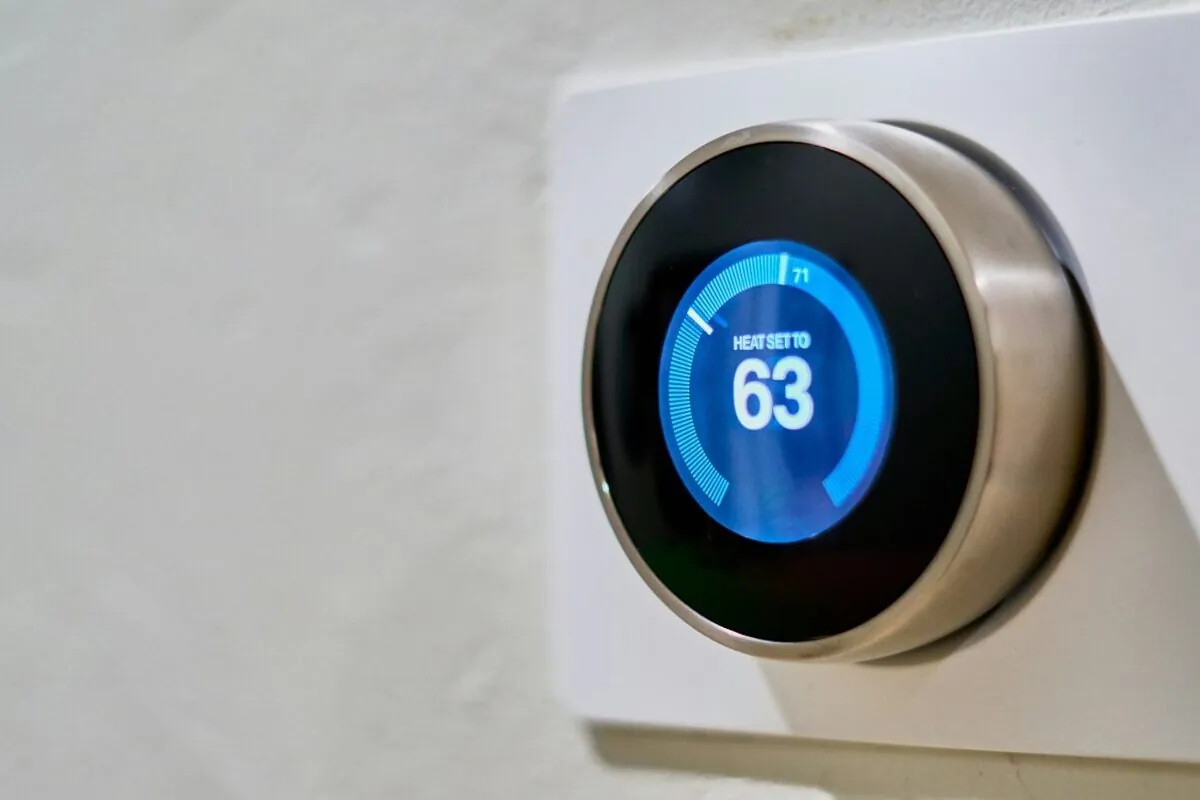The UK government has made a series of announcements to the UK’s policy on clean heat. Overall, it’s something of a mixed bag – with updates on the Boiler Upgrade Scheme (BUS), Clean Heat Market Mechanism (CHMM) and standards for gas boilers. Below, we take each area in turn, and consider the key take-aways from each.
1. Boiler Upgrade Scheme
What’s happened? Homeowners will no longer be required to install cavity wall or loft insulation to be able to access the scheme. Removing these requirements could reduce the costs associated with installing a heat pump on a semi-detached property by around £2,500 and will make it easier for homeowners to switch from gas boilers in a way that works for them. Homeowners will still need a valid EPC, generated in the past 10 years.
Our take: These changes will simplify access to the scheme and give consumers the flexibility to add insulation later, which could spread the upfront cost of a whole house retrofit. Loft and cavity wall insulation can provide value for money, reduce bills quickly, and will often optimise heat pump performance. Government should seek to roll-out provision of independent advice on heat pump performance in homes, to support homeowners to make the right choices.
2. Clean Heat Market Mechanism
What’s happened? After a month of speculation, rumoured infighting, and confused messaging the introduction of the mechanism has now officially been delayed by a year, now with a 1st of April 2025 implementation. In doing so, the target levels for 2025/26 (set at 6% of relevant boiler sales), and all other aspects of the scheme’s design and implementation, will remain as set out in the Government’s November 2023 consultation response.
The big question is whether the statutory instrument be laid this parliament, enshrining this delayed implementation in legislation. If the government doesn’t do this, there will be continued speculation that the mechanism has been quietly killed, and whoever wins the next election will need to revive the policy.
All eyes will be on whether boiler manufactures drop the scam “boiler tax” price hike now that they have won a year’s grace period as a concession – putting an end to the alleged price gouging.
Our take: We urge the government to lay the regulations as soon as possible, removing policy uncertainty around the mechanism. Failing to do so will be bad for energy security, keeping households dependent on fossil gas for longer. It will also make meeting carbon targets more expensive, since the mechanism is designed to drive down the price of heat pumps.
3. Government Response to Improving Boiler Standards and Efficiency Consultation
What’s happened? A number of wide-ranging outcomes have been announced in response to last year’s consultation. In welcome news, the government has said that it will not mandate boilers to be hydrogen ready. Separately, the government intends to move forward with introducing the requirement for low temperature training for boiler installers – a step which will help pave the way for heat pump installations. Government also intends to prevent the worst performing, simple controls from being placed on the market by 2026 (known as heating Control Classes I-III).
Our take: We think that it is the right decision not to mandate gas boilers to be hydrogen-ready, given that hydrogen is very unlikely to play a role in decarbonising heat at scale – and could be very expensive for consumers.
There are several welcome measures in the consultations to improve the training for heating engineers and improving the quality of heating controls. Many boilers currently run far less efficiently than they are supposed to, resulting in high gas bills for consumers. The new changes should lower bills for many consumers and help alleviate the pressures of fuel poverty for more households. This also ensures installers across the country will find it easier to shift to low carbon heating systems as consumer demand increases.


